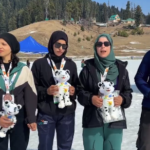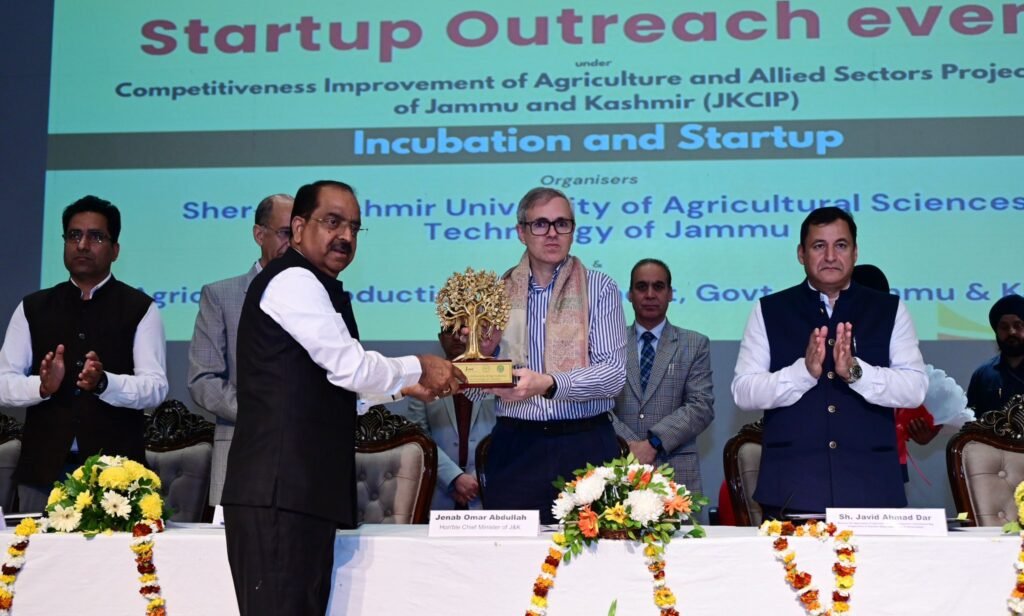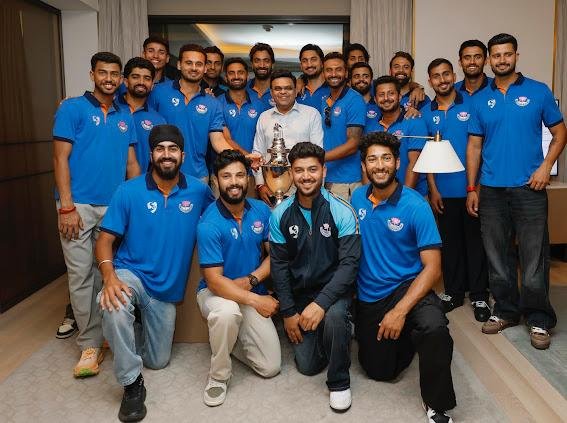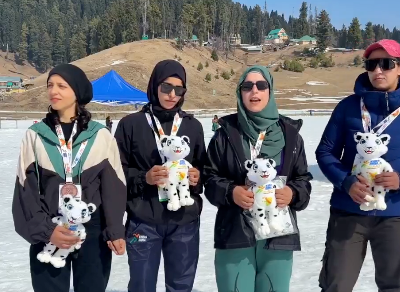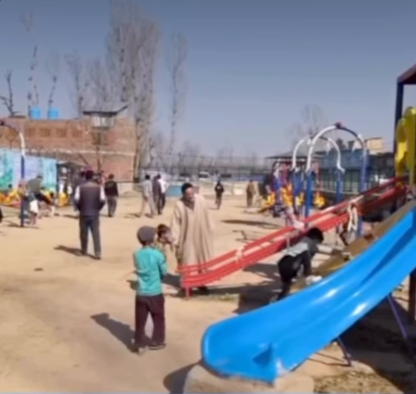Srinagar, June 11, 2025 – Jammu and Kashmir is enduring a relentless heatwave, with the India Meteorological Department forecasting scorching conditions for at least four more days. The extreme weather, gripping both the Jammu and Kashmir divisions, has pushed temperatures to record highs, prompting authorities to issue advisories for residents and stakeholders, including those preparing for the Shri Amarnath Ji Yatra.
On Tuesday, Samba district recorded a blistering 46.6°C, the highest in the region, while Jammu city sweltered at 44.4°C. In the Kashmir Valley, traditionally cooler, Srinagar hit 33.3°C, Qazigund reached 33.6°C, and even tourist hotspots like Pahalgam and Gulmarg recorded 27.2°C and 23.6°C, respectively. The IMD’s Srinagar centre reported that these temperatures are significantly above normal, with Qazigund’s high being 8.6°C above average. The heatwave, which began intensifying last week, is expected to persist until the weekend, with temperatures potentially rising by another 2-4°C in some areas.
The soaring mercury has raised concerns about water scarcity, crop stress, and urban heat exposure, particularly in Jammu, where unscheduled power cuts and increased demand for potable water have been reported. The heatwave is also impacting the tourism industry, with travel agencies noting a decline in bookings as tourists avoid daytime excursions. Authorities have advised residents to stay indoors during peak hours (12 PM to 4 PM), stay hydrated, and avoid strenuous activities under direct sunlight, especially for vulnerable groups like the elderly, children, and those with chronic illnesses.
The extreme weather poses challenges for preparations for the Shri Amarnath Ji Yatra, set to begin on July 3, 2025. Lieutenant Governor Manoj Sinha, during a recent visit to Sonamarg, assured stakeholders like the Sonamarg Market Association, hoteliers, and ponywalas that the J&K administration and Shri Amarnath Ji Shrine Board are addressing concerns to ensure a smooth pilgrimage. The heatwave may complicate logistics, particularly along the Pahalgam and Baltal routes, where infrastructure and civic amenities are being upgraded to accommodate over 3.31 lakh registered pilgrims.
The IMD has issued agromet advisories for farmers to protect crops and livestock from heat stress, urging measures like providing shade and adequate water. The department also forecasts a potential revival of rainfall in the third week of June, which could bring relief. Until then, residents are urged to follow safety guidelines to mitigate risks of heatstroke and dehydration.





